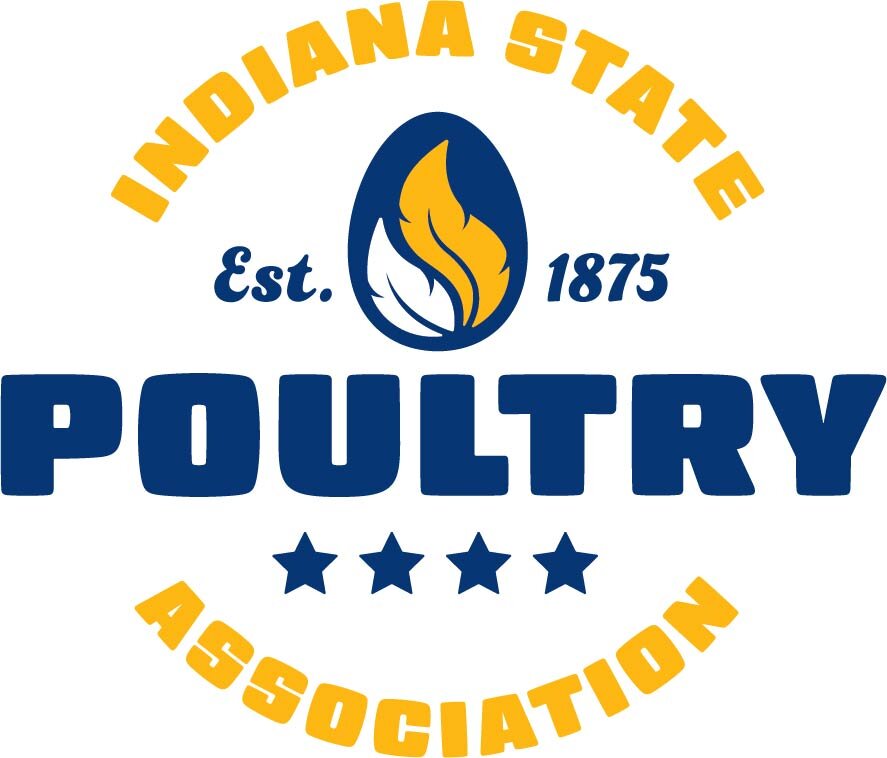ISPA Video on Good Biosecurity Practices
Practicing basic biosecurity is an essential step in protecting your birds and yourself from disease agents and from spreading it to other poultry and humans.
USDA APHIS Video of Good Biosecurity Practices
Diseases like highly pathogenic avian influenza can reach beyond the commercial poultry industry, impacting backyard and hobby flocks as well. Large disease outbreaks like the HPAI outbreak in 2014-2015 can even affect consumer prices and product availability. It is important that anyone who has contact with poultry should follow some basic biosecurity practices to help protect their birds.
HPAI INFORMATION
Since 2022 the USDA has confirmed cases of Highly Pathogenic Avian Influenza (HPAI) H5 in the Pacific, Central and Mississippi Flyways (migratory paths for birds). The disease has been found in wild birds, as well as in backyard and commercial flocks. There are four important things that you need to know about this situation:
The United States food supply is safe. Our food is safe, the United States has the strongest Avian Influenza (AI) surveillance system in the world.
The risk to humans is low. No human infections with these viruses have been detected, and the Centers for Disease Control considers the risk to people from the High Path Avian Influenza infections in wild birds, backyard flocks, and commerical poultry to be low.
Indiana has a team approach to deal with Avian Influenza. The Indiana State Poultry Association, the Indiana Board of Animal Health, the Purdue Animal Disease Diagnostic Lab, and USDA-APHIS work together with the National Poultry Improvement Plan. These agencies and the NPIP look for the disease, educate the public about AI, and help producers decide on the most appropriate practices to ensure the health and safety of their flock.
Biosecurity is of utmost importance to help prevent AI. Avian Influenza was first detected in backyard flocks in the Northwest, and has spread to commerical flocks. The virus is specific to the bird, not the type of housing. A high standard of biosecurity can help prevent the spread of Avian Influenza. Wild birds are carriers of AI and can carry this disease without any symptoms.
For more information on the HPAI outbreak in Indiana the latest information can be found on the Indiana Board of Animal Health's website. CLICK HERE to visit their website.
For more information on HPAI in the United States, visit the USDA-APHIS-VS website here.
LINKS AND RESOURCES
Discover how to keep your backyard and pet birds healthy, as well as learn about biosecurity through handouts, word games, and videos.
"A footbath is a very simple form of biosecurity that helps prevent the potential spread of disease." Read this document for information on this simple and effective biosecurity practice.
Prevent and treat insects, lice and mites and learn what treatments are most effective in this publication.
Getting Started with the Home Poultry Flock
A great read for those considering raising poultry, a Purdue University Extension document that lays out basic need to know information.
Important Nutritional Diseases that Affect Laying Hens
Claudia Dunkley, extension poultry scientist with the University of Georgia advises on the causes and prevention of rickets, cage layer fatigue and fatty liver syndrome.
A website from the Partnership for Food Safety Education that provides a wealth of information on how to prevent food poisoning.
Nutrition for Backyard Chicken Flocks
From the Alabama Cooperative Extension System this document discusses how to formulate a proper diet for your backyard chicken flock.
A Purdue University Cooperative Extension publication that discusses how to choose the best chicken breed bases on your needs and expectations.
Print this poster out, and hang it around your poultry! This announcement reminds the flock care-takers of the simple steps needed to prevent poultry diseases.
The essential guide for all pet and poultry owners, this guide provides detailed information on every aspect. If you read only one thing, let it be this!
Deciding if, when and how vaccination is right for your birds is an important management decision. In this publication, pros, cons and procedures are covered.
Rats and mice are carriers of disease and can be a significant problem for the poultry producer. This article offer tips on prevention and treatment of this common problem.
An important read for any poultry owner, as Indiana strives to have all flock owners raise healthy, happy birds.
A publication from the Indiana State Board of Animal Health, this answers many questions an Indiana flock owner may have and discusses important considerations for disease control.
Exotic Newcastle disease (END) is a contagious, highly fatal, viral disease affecting all species of birds. Learn how to prevent it, and recognize the signs.












